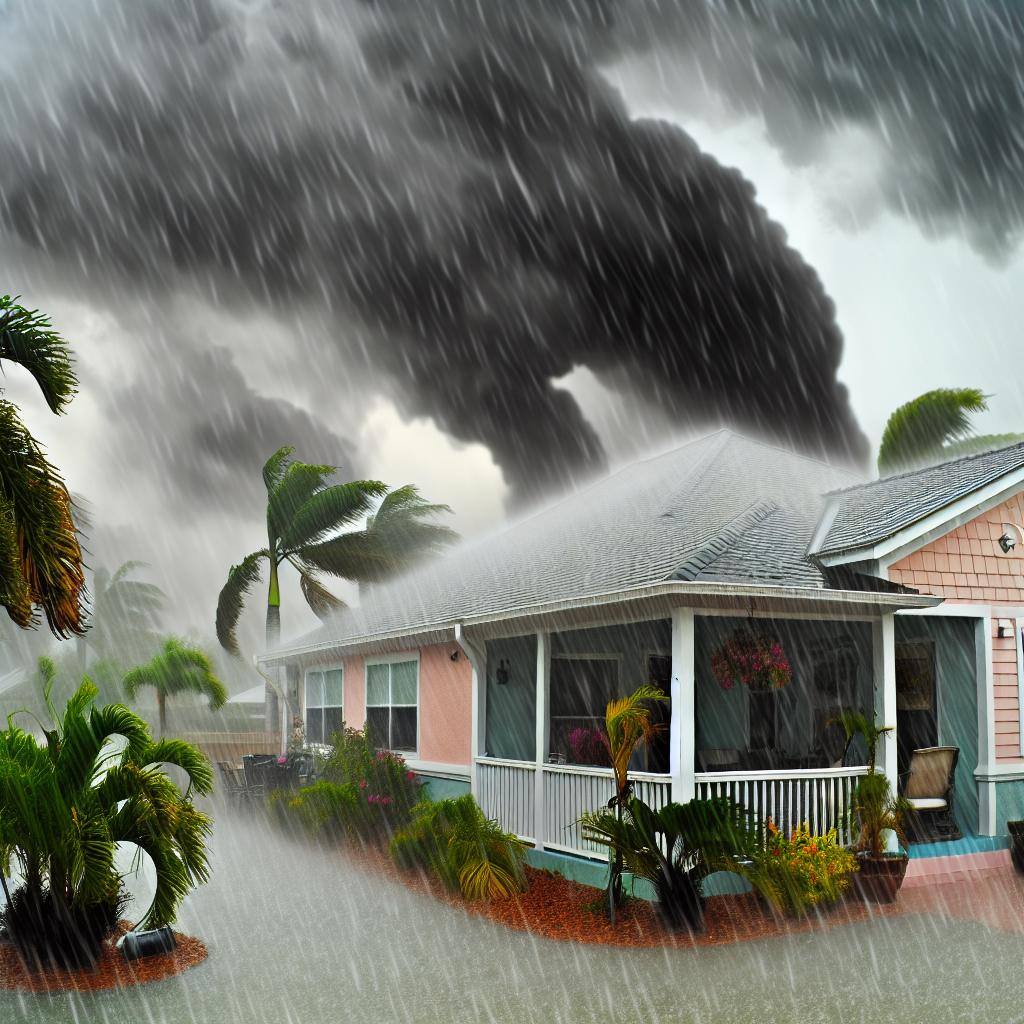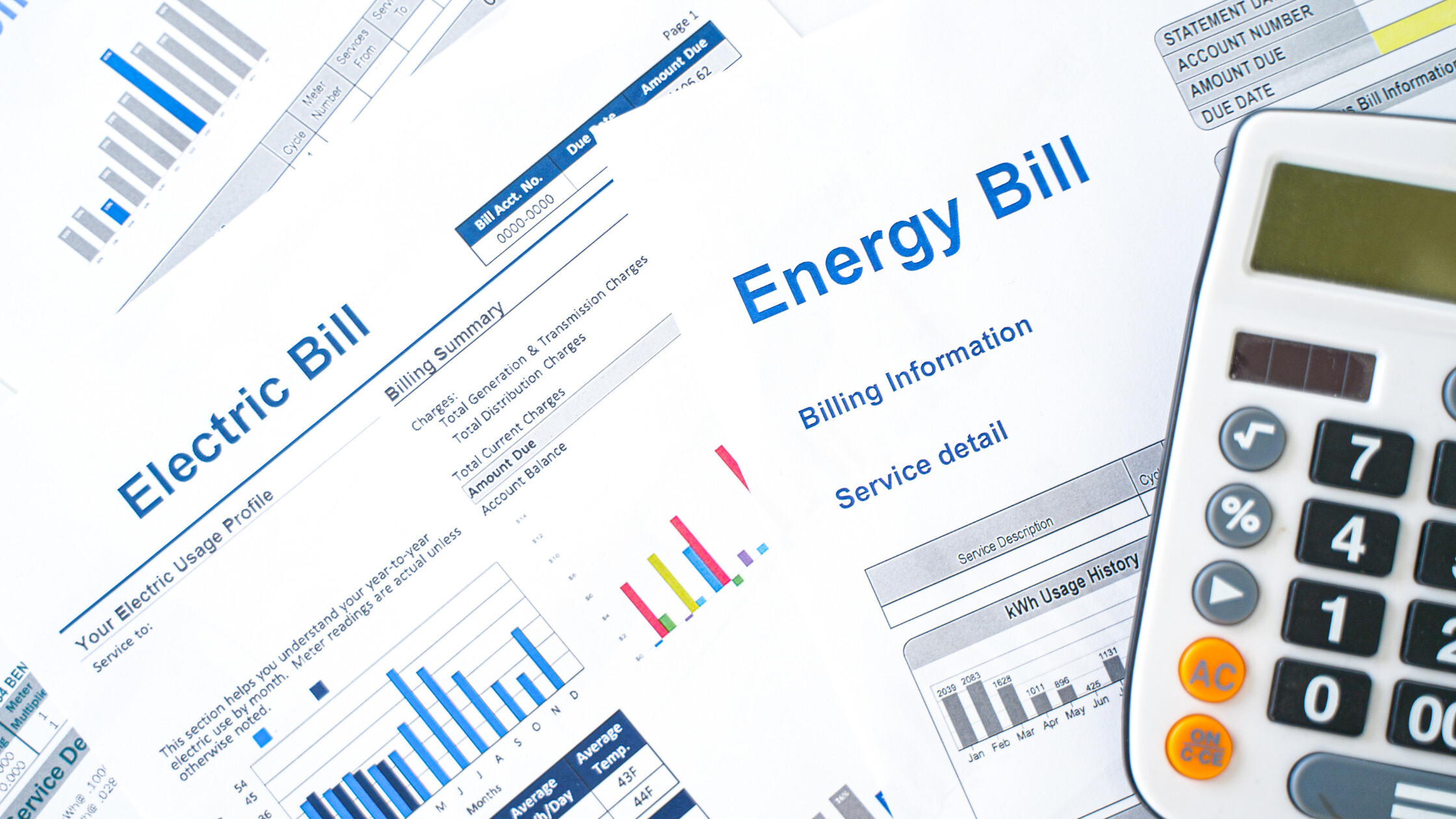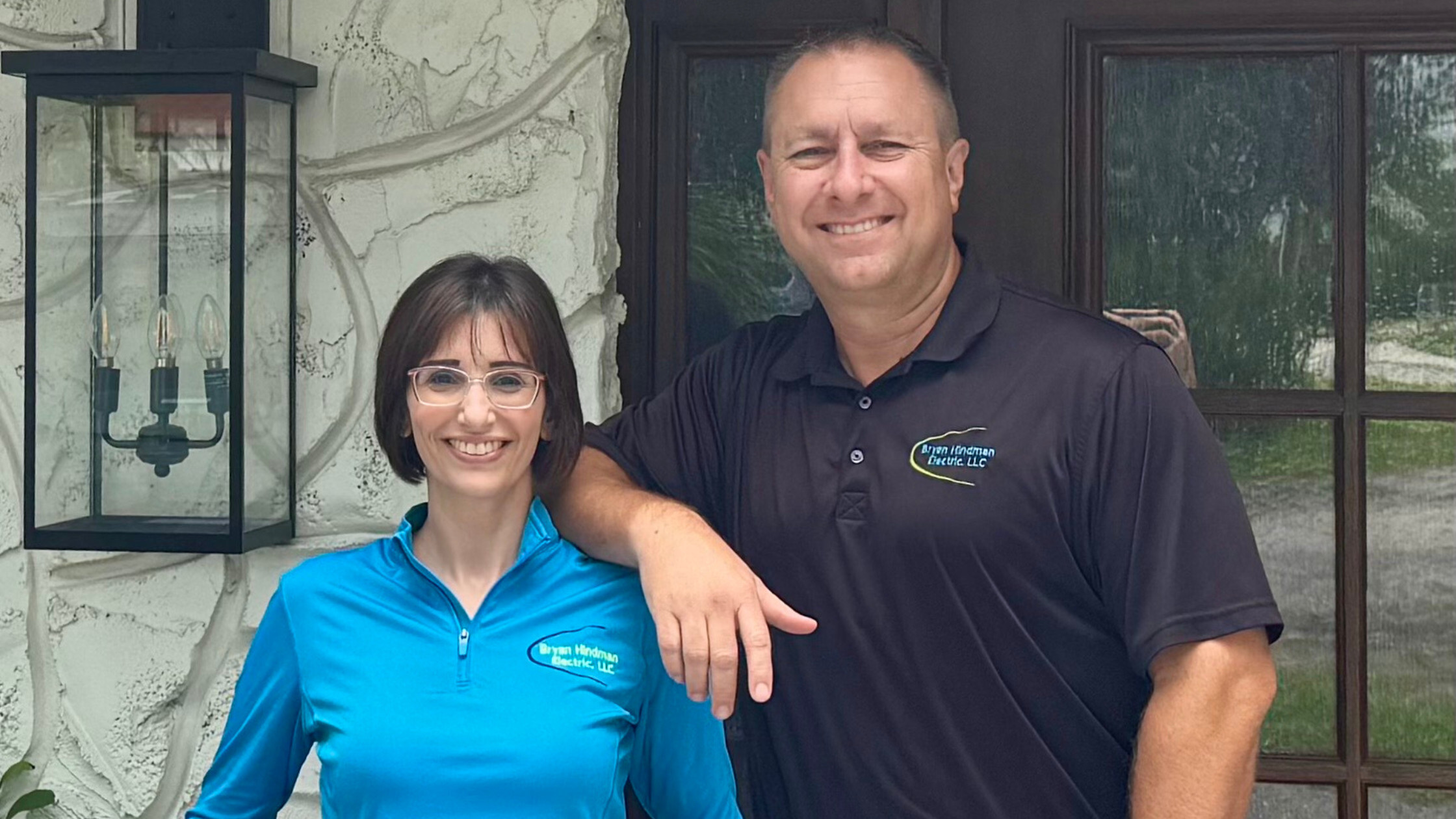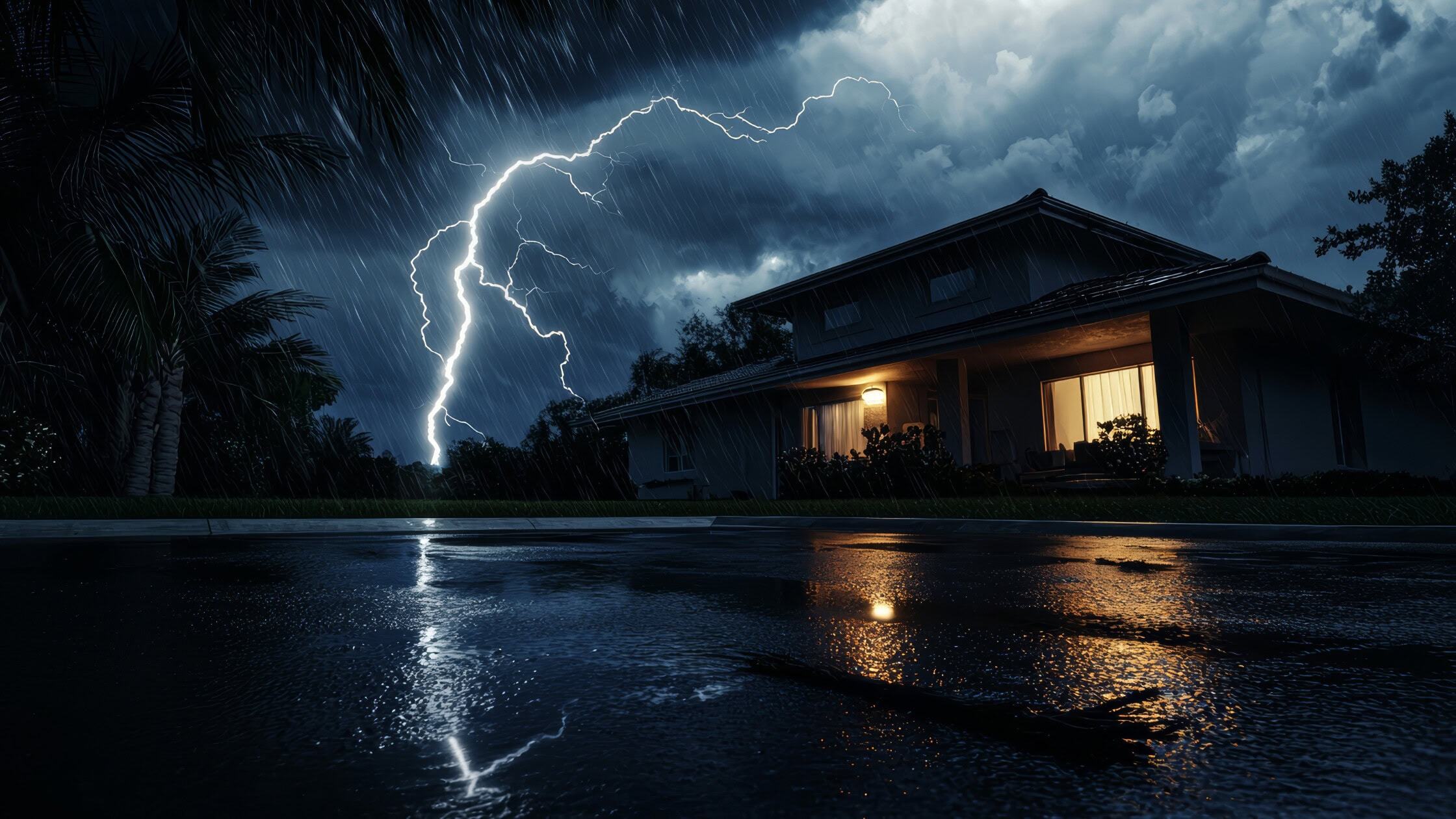Tagged as: Costs, Energy-efficient lighting, TECO
If you’re a homeowner in Hillsborough County, brace yourself: TECO’s residential electric rates are going up starting January 2026—and it won’t be a one-time bump....

Discover essential electrical safety tips to fortify your home against severe weather and ensure your loved ones remain safe.
Before severe weather strikes, it's crucial to understand the layout and components of your home's electrical system. Familiarize yourself with the location of your circuit breaker or fuse box, and ensure that all family members know how to safely turn off the main power if necessary.
Additionally, take note of any exposed wiring or outdated electrical installations that may pose a risk during a storm. Consider consulting a licensed electrician to evaluate your system and make recommendations for improvements or necessary repairs.
Power surges are a common occurrence during storms and can damage your electrical appliances and equipment. To safeguard these items, unplug all non-essential devices before the storm hits. This simple step can prevent costly damage and extend the lifespan of your appliances.
For essential appliances that cannot be unplugged, such as refrigerators and medical equipment, consider investing in individual surge protectors. These devices can help absorb excess voltage and protect your valuable electronics from sudden spikes in power.
While individual surge protectors are helpful, a whole-house surge protector offers more comprehensive protection. Installed at your main electrical panel, this device safeguards your entire home from external power surges, including those caused by lightning strikes or utility issues.
A whole-house surge protector can significantly reduce the risk of damage to your home's electrical system and appliances. Consult a licensed electrician to discuss the benefits and installation process of this essential safety device.
Regular maintenance and routine checks of your electrical system are vital in storm-proofing your home. Schedule annual inspections with a licensed electrician to ensure that your system is in good working order and up to current safety standards.
Additionally, check for loose or damaged wiring, and replace any outdated or faulty components. Keeping your electrical system well-maintained can prevent unforeseen issues and enhance your overall safety during severe weather.
Having an emergency plan in place is essential for handling power outages safely and effectively. Start by assembling an emergency kit that includes flashlights, batteries, a portable phone charger, and a battery-operated radio to stay informed about weather updates.
Discuss and practice your emergency plan with all family members. Ensure that everyone knows the location of the emergency kit, how to safely navigate the home in the dark, and the steps to take in case of a prolonged power outage. Staying prepared can make a significant difference in keeping your family safe and calm during a storm.


